Psalm 130
If you O Lord, mark iniquities, who can stand?
Out of the depths I cry to you, Lord; Lord, hear my voice!
May your ears be attentive
to my voice in supplication.
If you O Lord, mark iniquities, who can stand?
If you, O Lord, mark iniquities, Lord, who can stand?
But with you is forgiveness, that you may be revered.
If you O Lord, mark iniquities, who can stand?
I trust in the Lord,
my soul trusts in his word.
My soul waits for the Lord
more than sentinels for dawn. Let Israel wait for the Lord.
If you O Lord, mark iniquities, who can stand?
This reflection from Messages of Trust for Lent, originally published by Ave Maria Press, was reprinted with permission of the authors, Fr. Michael White and Tom Corcoran. For more parish resources, visit https://www.rebuiltparish.com/.
Responsorial psalms are excerpted from the Lectionary for Mass for Use in the Dioceses of the United States of America, second typical edition © 2001, 1998, 1997, 1986, 1970 Confraternity of Christian Doctrine, Inc., Washington, DC. Used with permission. All rights reserved. No portion of this text may be reproduced by any means without permission in writing from the copyright owner. Other scripture texts in this work are taken from the New American Bible, revised edition © 2010, 1991, 1986, 1970 Confraternity of Christian Doctrine, Washington, DC, and are used by permission of the copyright owner. All Rights Reserved. No part of the New American Bible may be reproduced in any form without permission in writing from the copyright owner.







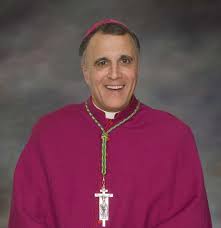
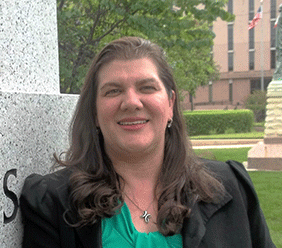
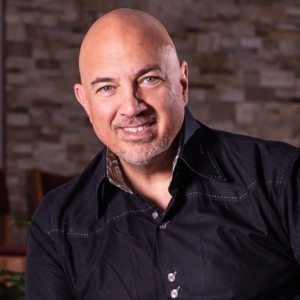
 Kimberly Kay Cox
Kimberly Kay Cox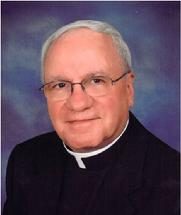






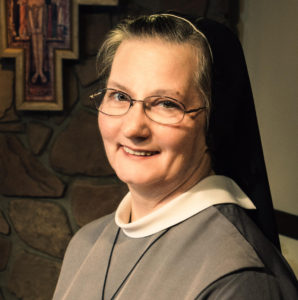
 Mark Mogilka
Mark Mogilka




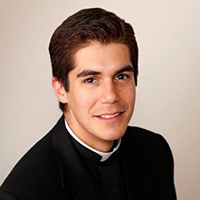
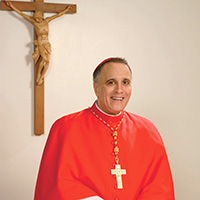








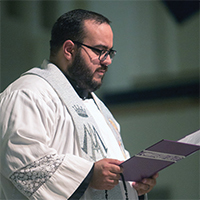
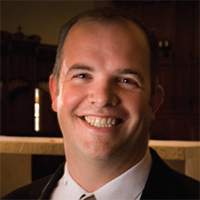


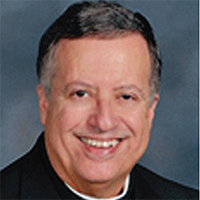

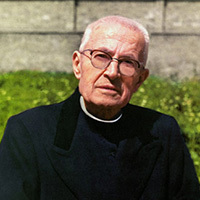




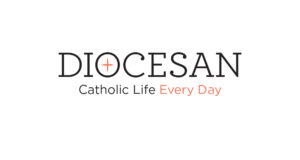
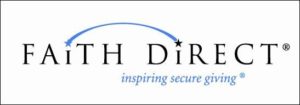

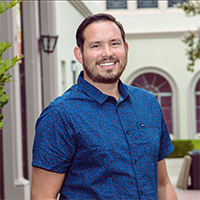
 Armando Cervantes
Armando Cervantes Anna Betancourt
Anna Betancourt
 Andrea Chavez-Kopp
Andrea Chavez-Kopp